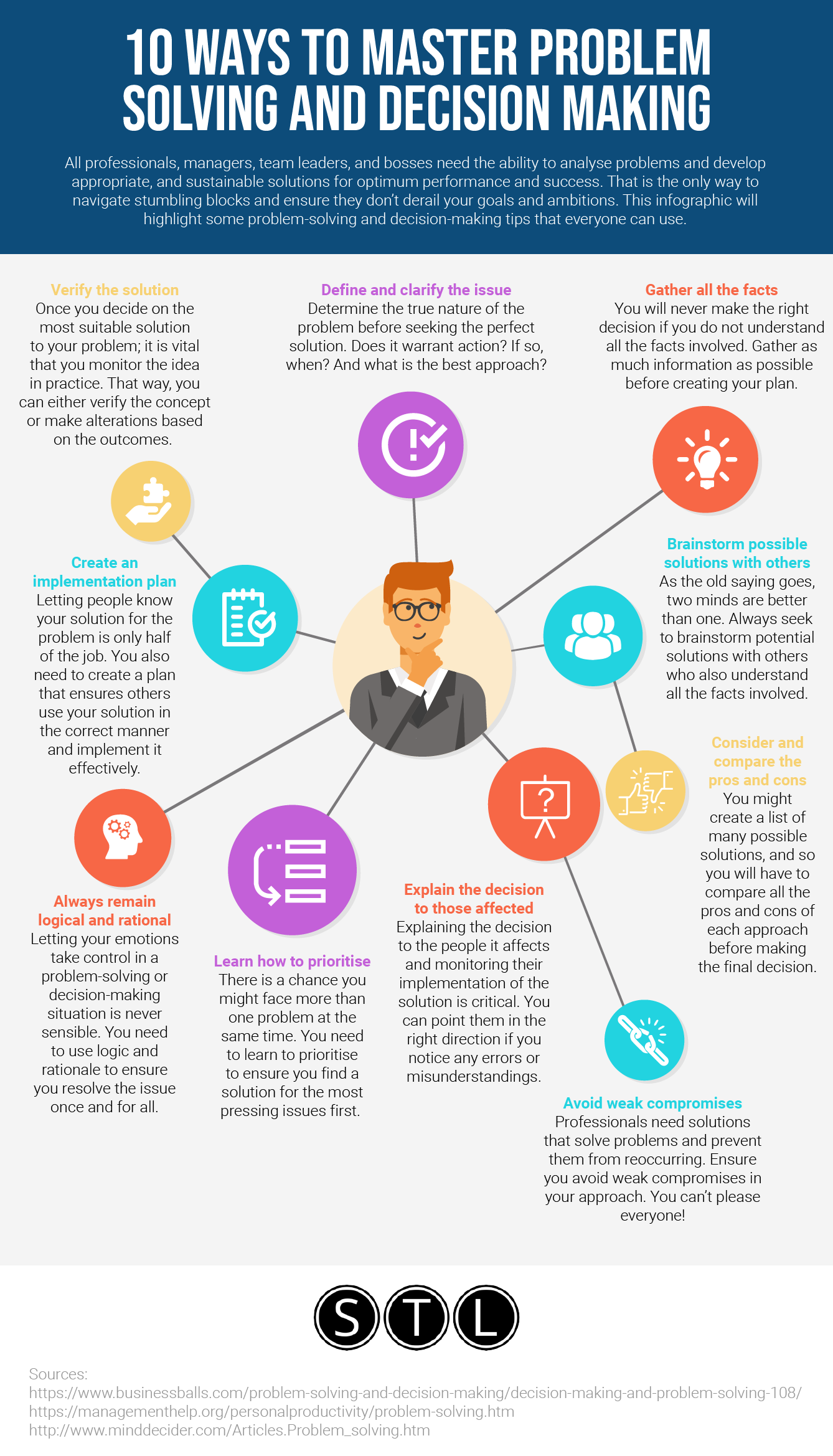Being Resolute: Overcoming Anxiety and Uncertainty in Options
Within today's rapidly changing society, making decisions can often feel daunting. Given numerous options at your disposal and the pressure to always make the right decision, it's understandable many struggle with anxiety and uncertainty in their choice-making process. Whether you are confronted with small day-to-day choices or major life-changing decisions, perfecting the art of smart decision-making is essential for personal and career success.
Through honing your decision-making skills, you can navigate life's complexities with assurance and clarity. This piece will investigate effective methods to improve your decision-making abilities, examine the psychology behind effective choices, and offer strategies for arriving at confident decisions even in uncertain times. Starting with grasping the role of intuition to identifying the drawbacks of hesitation, we will cover necessary resources and understandings that can enable you to arrive at better choices and overcome the stagnation that often comes with analysis. Come along as we set out on a journey to convert uncertainty into understanding and decisiveness.
Strategies for Efficient Decision Processes
To boost choice-making capabilities, it is essential to utilize strategies that promote transparency and assurance. One effective approach is the use of structured decision-making models. decision fatigue help individuals define their alternatives, evaluate advantages and drawbacks, and imagine the results of each option. By spending time to this structured approach, outcomes become easier to understand and more logical, lowering the likelihood of prejudices impacting the result.
Another helpful technique is to engage in being present during the decision-making journey. Being present invites people to concentrate on the now, recognizing emotions and feelings without preconceived notions. This focus can help alleviate stress and fear related with making choices, facilitating for a more balanced consideration of options. By pausing a step back and being aware, decision-makers can mitigate tension and improve overall decision-making.
Additionally, leveraging instincts can be a powerful approach in choices. While statistics and analytical analysis are crucial, trusting one's instinct often leads to valuable choices, especially when the clock is limited. To effectively use this instinct well, individuals should think back on past situations and recognize trends in their decision-making. Combining intuition with rational analysis can create a more holistic strategy, enabling better and more certain decisions.
Understanding the Emotional Aspects of Decisions
Formulating decisions is frequently influenced by a variety of emotional factors that affect how we evaluate our alternatives. Feelings play a significant role in this procedure, as feelings of fear or nervousness can hinder judgment and lead to hesitation. The idea of choice overwhelm also comes into play, where the mental exertion of formulating numerous decisions can decrease our capacity to make good choices afterward. Recognizing these psychological influences is essential for individuals desiring to boost their decision-making skills and navigate through ambiguity effectively.
A further key aspect is the effect of mental biases on our choices. Common biases such as the tendency to favor information that supports existing beliefs, where people prefer information that aligns with their current beliefs, can lead to poor choices. Comprehending improve decision-making helps to build awareness and enables more impartial analysis when evaluating alternatives. The mental processes behind these biases reveals how our brains tend to take shortcuts, leading to choices that may not align with our objectives or principles.

Finally, intuition also plays a critical role in making choices. While some may dismiss gut feelings as illogical, studies indicates that these instincts is informed by our past experiences and knowledge, often guiding us to make quick yet effective choices. Combining gut insights with logical reasoning can lead to a more holistic strategy. By being mindful of the psychological aspects affecting our choices, we can improve our ability to make assured and informed decisions.
Methods for Overcoming Doubt
Conquering indecision begins with recognizing the origins of your anxiety and uncertainty. Often, the apprehension of making the wrong choice can be crippling. To combat this, it is crucial to reshape your perspective. Instead of viewing decisions as black and white, think about the possibility for growth and development irrespective of the outcome. Acknowledge that every decision entails risks, but viewing them as chances for growth can lessen the burden of your choices and empower you to act.
An additional effective approach is to cultivate a process for making decisions that suits for you. Pinpoint the key factors that are important in your decision-making process, such as principles, objectives, and time frames. Construct a simple list or set of criteria to evaluate your options in a structured manner. This structured approach helps minimize the emotional turmoil that frequently accompanies decision-making. By grounding yourself to a predefined process, you can sort through options more easily, avoiding the trap of inaction by overthinking.
Finally, make an effort to practice making small decisions consistently to build your confidence. Begin with simple choices like what to eat for lunch or which film to see. As you become more confident with these minor decisions, gradually increase the risk. This practice helps prepare your mind for faster, more effective decision-making while reinforcing the idea that not every decision needs to be flawless. Through this method, you build a strength that enables you to address bigger decisions without succumbing to apprehension.